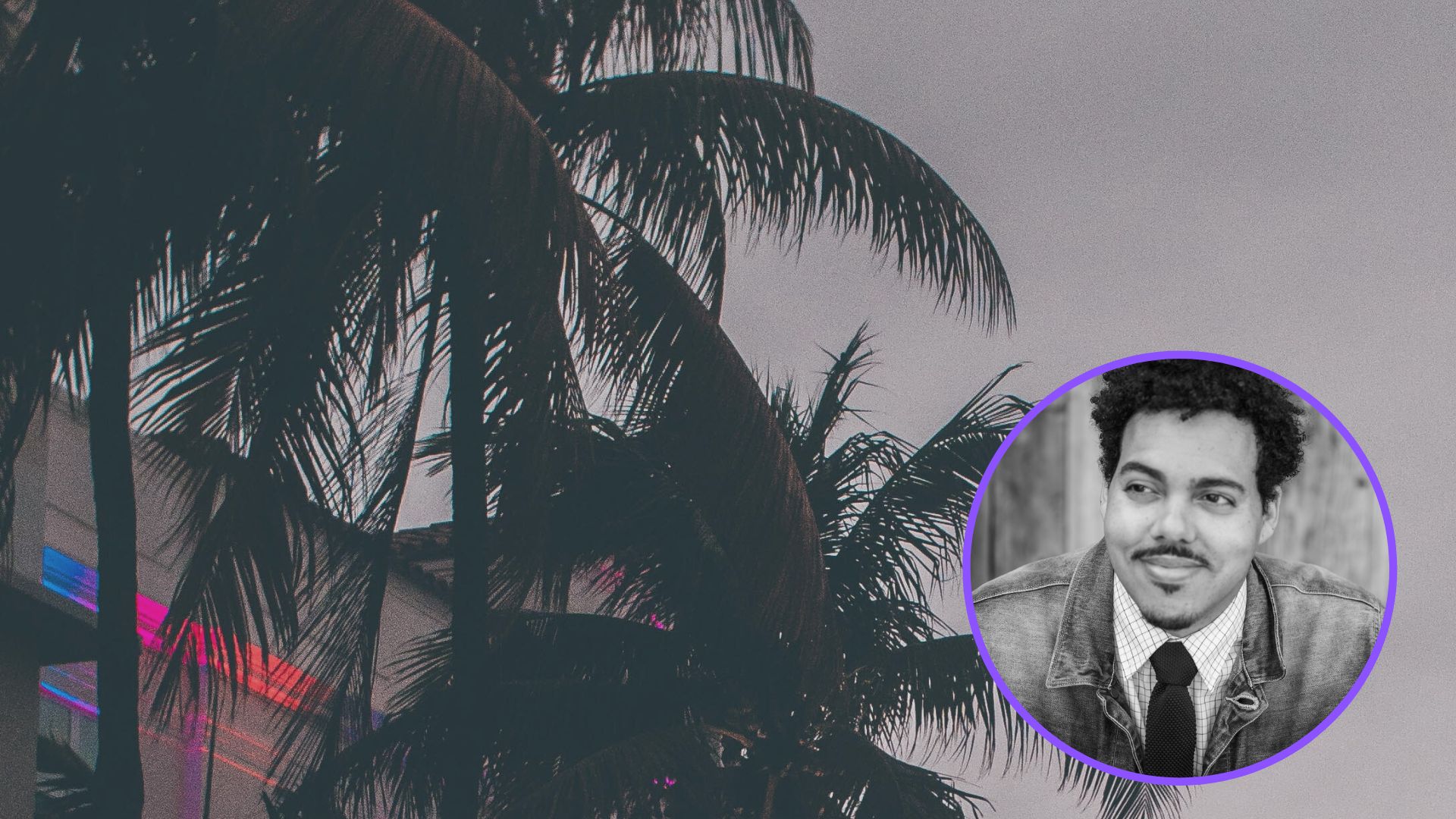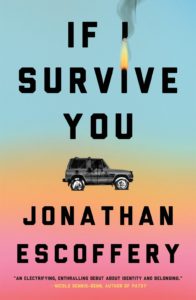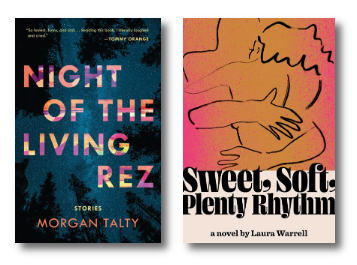
Jonathan Escoffery is the recipient of the 2020 Plimpton Prize for Fiction, a 2020 National Endowment for the Arts Literature Fellowship, and the 2020 ASME Award for Fiction. His fiction has appeared in The Paris Review, American Short Fiction, Prairie Schooner, AGNI, Passages North, Zyzzyva, and Electric Literature, and has been anthologized in The Best American Magazine Writing. He received his MFA from the University of Minnesota, is a PhD fellow in the University of Southern California’s Creative Writing and Literature Program, and in 2021 was awarded a Wallace Stegner Fellowship in the Creative Writing Program at Stanford University.
We talked with Jonathan about his debut If I Survive You, finding healing in the writing process, and laughing in the face of inevitability.
Questions by Gabriella Costa, Edelweiss Content Manager, and Nikki Siclare, Edelweiss Sr Help Desk and Education Specialist.
 Through eight interconnected short stories, If I Survive You follows the lives of a Jamaican family living in Miami, centering in particular on the youngest son Trelawny. When did you know you wanted to write this book?
Through eight interconnected short stories, If I Survive You follows the lives of a Jamaican family living in Miami, centering in particular on the youngest son Trelawny. When did you know you wanted to write this book?
I wrote a story about Trelawny and his tense living situation with his brother, Delano, while preparing to apply for graduate creative writing programs in the late fall of 2010. The story included Trelawny’s life-long feelings of neglect from his father. It’s not a story that’s in If I Survive You, but it inspired the book. There was enough humor and rage simmering under the surface of the narrative voice that I knew I could spend years exploring that feeling.
Why did you choose to structure this work as interconnected short stories rather than a novel? Is there something about the short story format that you think lends itself better to this work?
I set out to write a novel with chapters that were perfectly self-contained. Half the people I speak to ask me why we called it stories when it’s clearly a novel. The other half ask why I chose stories. It’s clear to me that I have no idea what the difference is, and neither does anyone else.
The location of your book is obviously very important, and there's such a sense of place woven through each story. Did you need to do a lot of research to invoke that, or was much of it based off memory?
I worked from memory first and mostly did research when my memory came up short. I’ve never lived in Jamaica, but the stories I grew up hearing from my parents and other family members feel more real to me than some events I actually lived through, so I still worked off of memory, then researched afterward to make sure I got the details right. The only time I found I needed to research ahead of writing was when I wrote about the Florida Keys, where I’ve spent time, but which still feels like a culturally distinct place that I’ve never felt I have direct access to.
While If I Survive You tackles heavy topics (race, identity, father-son relationships, and economic distress), there is a lot of humor to be found in the book. How did you strike a balance that felt right for the story you wanted to tell?
I didn’t overthink it. Life is tragic. We all die in the end. Laughing in the face of inevitability is just about the only power we have.
Did anything surprise you while you were writing the book?
I was surprised about how healing it would be to see, for the first time, characters who look anything like my own family.
What are you proudest of within the book?
I’m proudest whenever someone writes me to say they see themselves for the very first time in in a book. I’m proud that I affirmed our existence.
Have you read anything recently that you really loved? Are there upcoming books that you are excited about?
I loved Morgan Talty’s Night of the Living Rez. I’m excited to read Laura Warrell’s Sweet, Soft, Plenty Rhythm.


